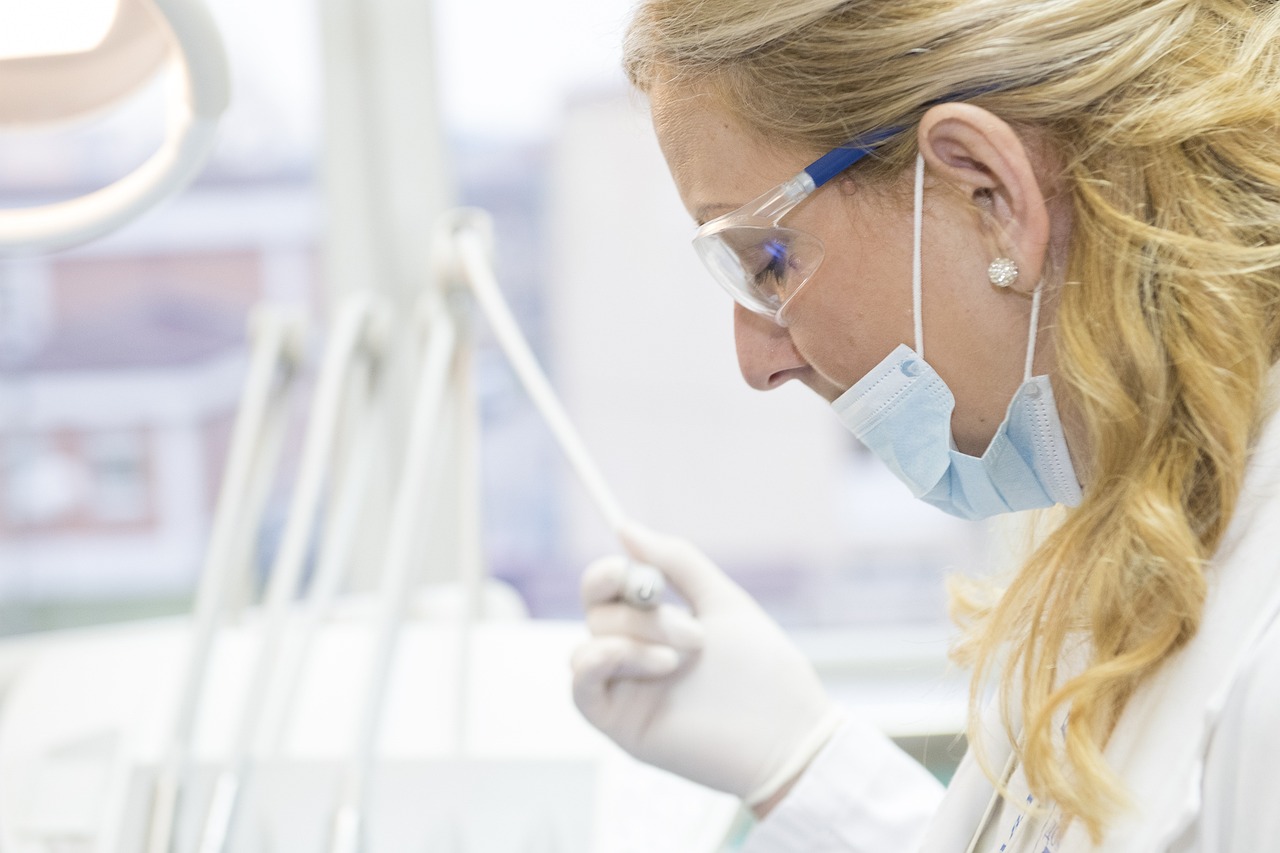DervalResearch’s Novel Study Unveils Potential for Personalized Health Plans
Groundbreaking research conducted by DervalResearch has shed light on the significant role played by microbiome enterotypes and prenatal hormones in determining an individual’s susceptibility to chronic diseases and food allergies. This groundbreaking study, presented at the Physiology in Focus 2023 conference in Tallinn, Estonia, marks the first comprehensive exploration of the combined effects of these two factors.
The human microbiome, comprising a complex mix of bacteria, fungi, and viruses residing in various parts of the body, has long been associated with health outcomes. Recent DNA sequencing and analysis have identified three primary microbiome enterotypes: E1-Bacteroides, E2-Prevotella, and E3-Ruminococcus. While every individual is unique, DervalResearch scientists discovered that people sharing a similar microbiome enterotype exhibited similar behaviors and preferences.
This study employed fecal Next Generation DNA-sequencing to determine microbiome enterotypes and the digit ratio technique to assess prenatal hormones. Participants documented their chronic disorders, dietary habits, and preferences. The research uncovered a compelling connection between certain microbiome enterotypes and prenatal hormonal influence, suggesting their joint impact on chronic disease susceptibility.
Professor Diana Derval, Chief Investigator at DervalResearch, emphasized the findings: “Subjects with a Bacteroides microbiome enterotype (E1) and/or those influenced by prenatal testosterone exhibited a higher prevalence of chronic disorders, including food allergies.” Chronic diseases reported by participants included atopic dermatitis (AD), asthma, anorexia nervosa (AN), obesity, and osteoporosis, with associated food allergies primarily linked to cereals and milk. Notably, avoiding sensitizing foods correlated with improved overall health perceptions, including the management of chronic diseases.
The study, titled “Microbiome Enterotype, Prenatal Hormones, and Proneness to Chronic Diseases,” was unveiled at the Physiology in Focus 2023 conference, a collaborative event organized by the Scandinavian Physiological Society (SPS), the Federation of European Physiological Societies (FEPS), and the Baltic Physiological Societies, supported by Tallinn University of Technology and the University of Tartu.
DervalResearch, a certified B Corporation, specializes in decoding human behavior and preferences using biosciences. Previous research from the organization has explored connections between the microbiome, beauty OCD, and cosmetics preferences.
This pioneering study, which delves into the combined influence of microbiome enterotypes and hormonal factors, holds the potential to revolutionize chronic disease prevention. Targeted health and nutrition plans tailored to an individual’s microbiome enterotype and hormonal fingerprint could be the key to enhancing immune system function and overall well-being.
As part of their commitment to promoting personalized health, DervalResearch has developed “Microbiot,” an intelligent web-based tool that helps individuals evaluate their microbiome. Accessible via the DervalResearch website or a QR code scan, Microbiot offers insights into one’s microbial composition. However, for complete accuracy, laboratory analysis remains essential.






